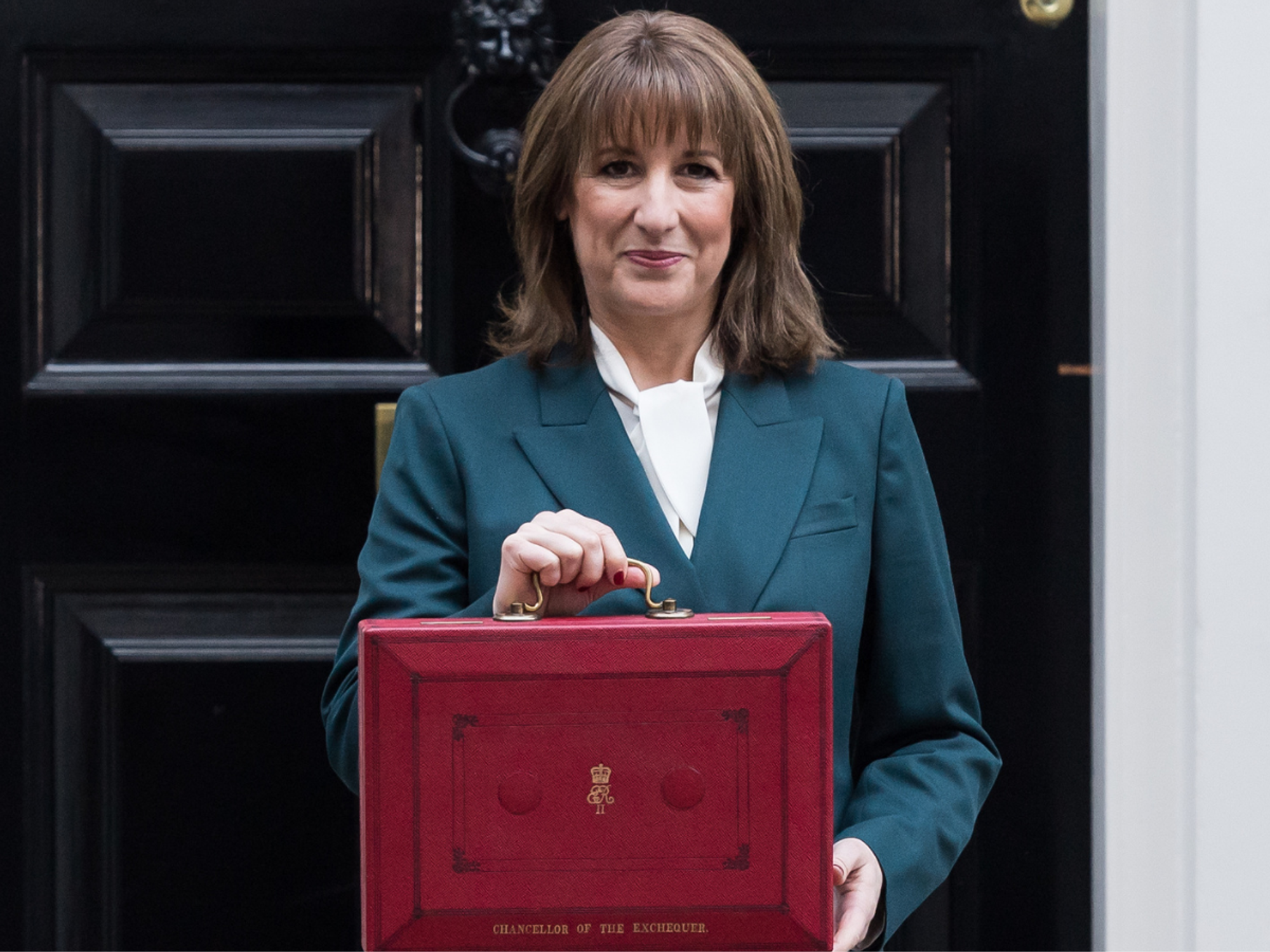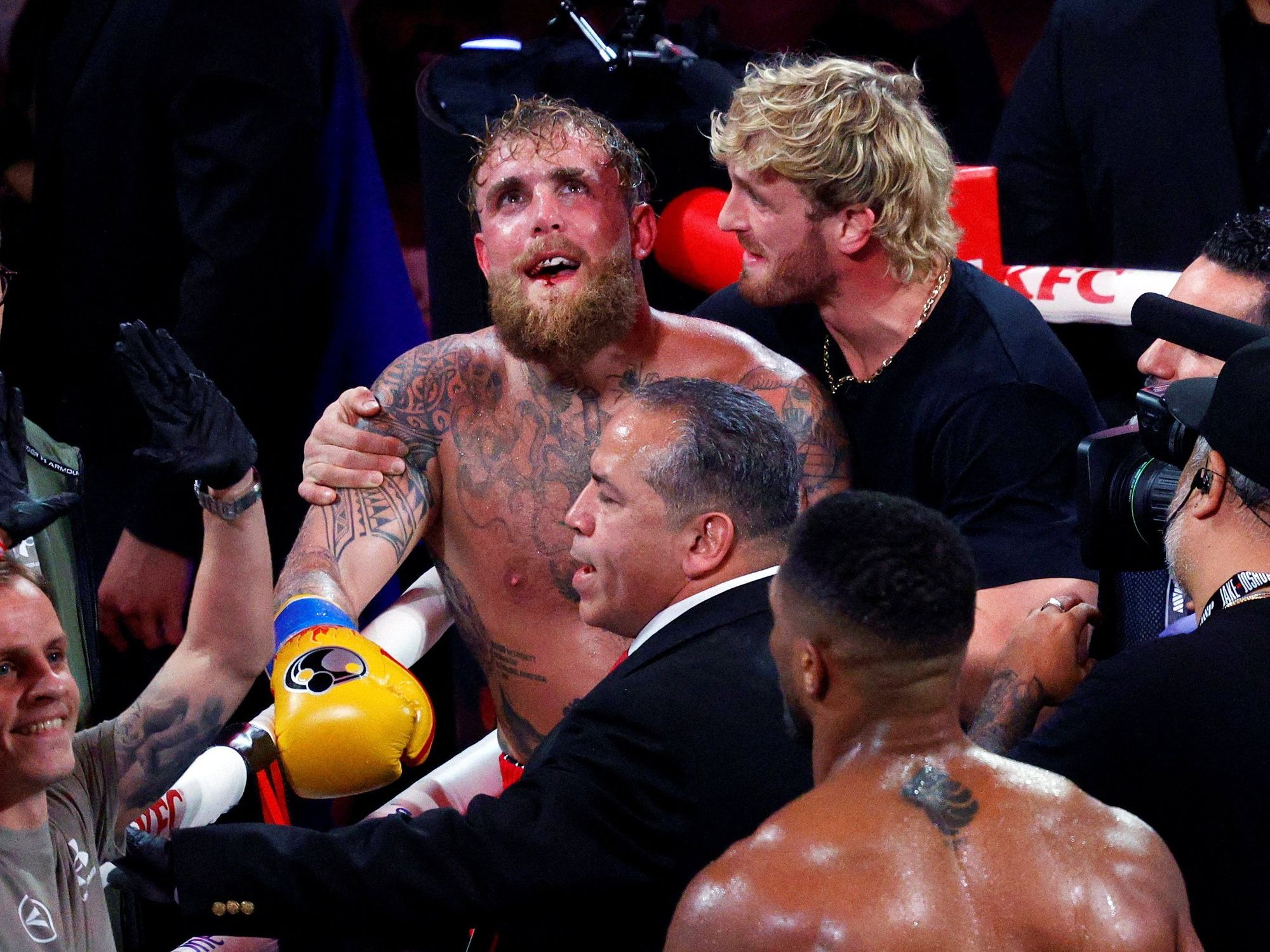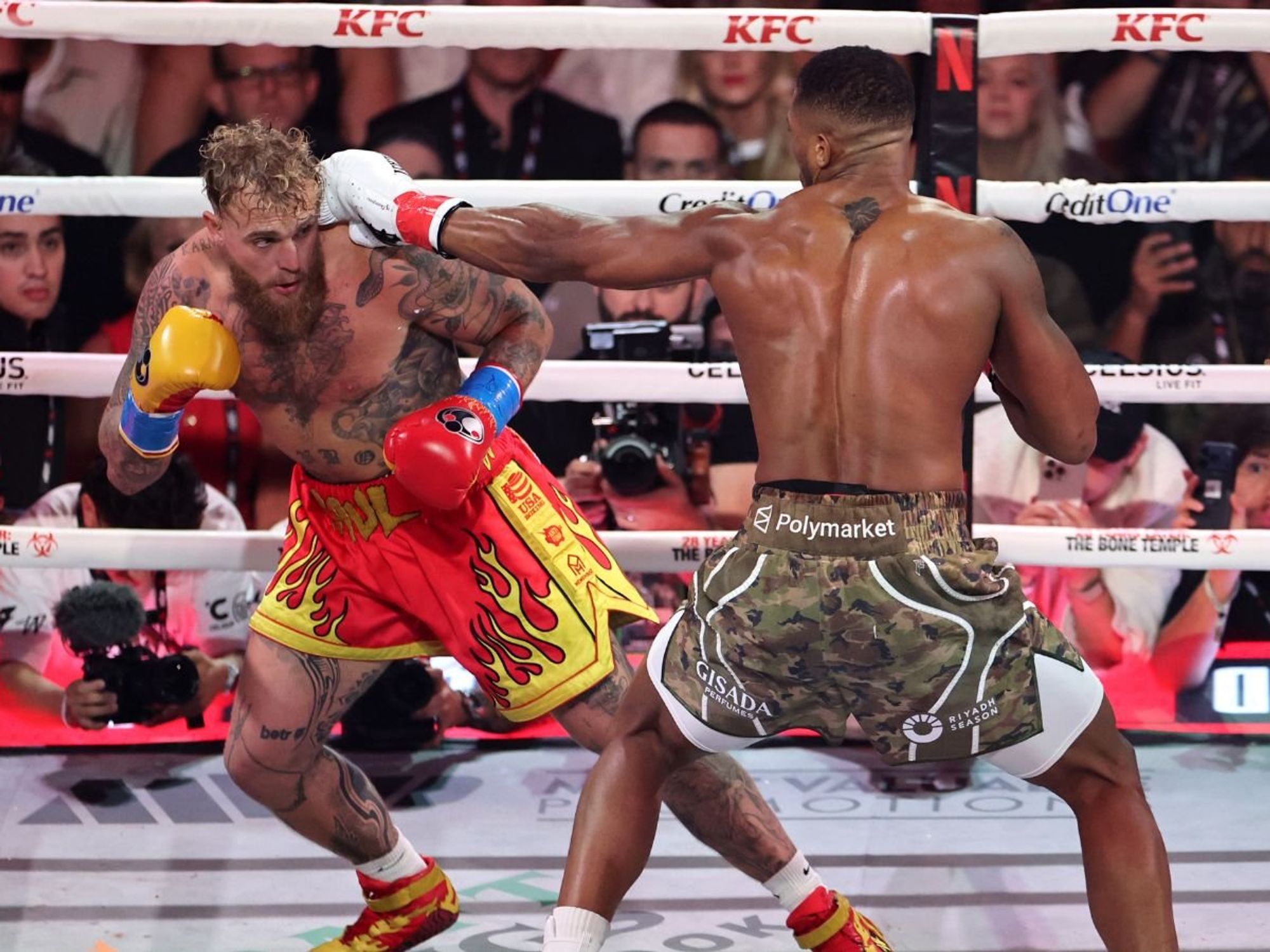'Reform is the only party with buzz and excitement - but will it change British politics?' asks Mark Littlewood
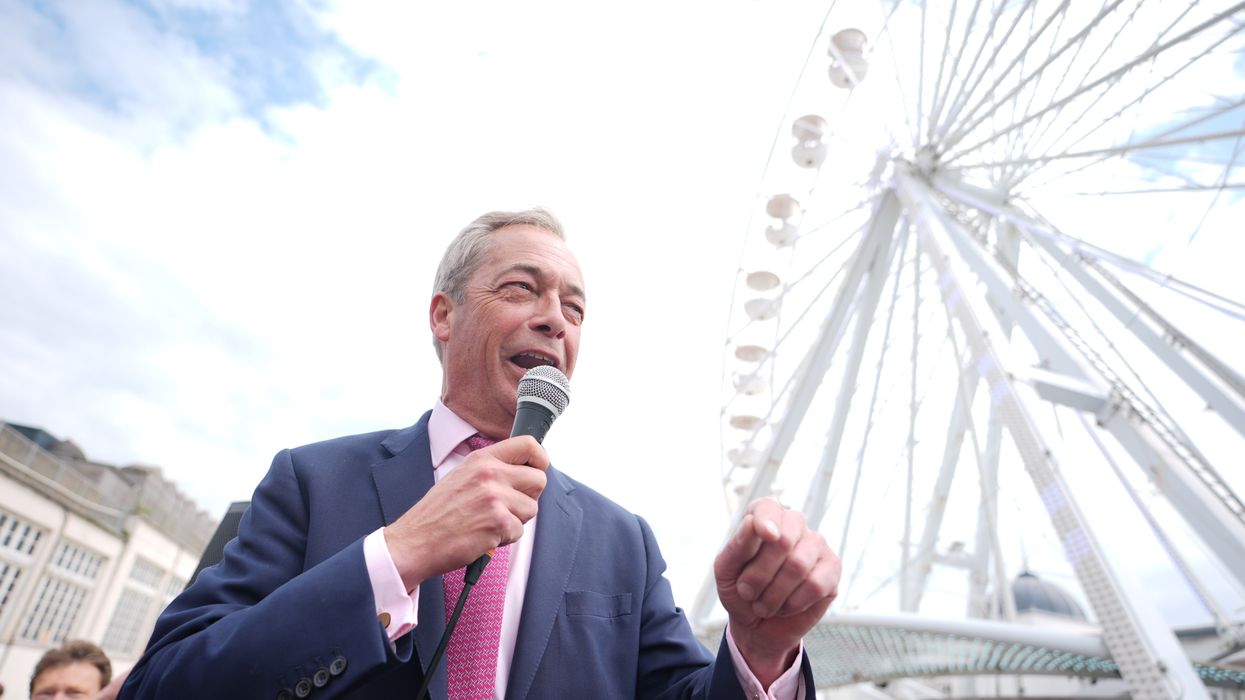
Nigel Farage announced he would be taking over as the leader of Reform UK last week
|PA
'Farage successfully tapped into the mood of widespread disillusionment with mainstream politics,' says Chair of Pop Con, Mark Littlewood
Don't Miss
Most Read
Latest
Nigel Farage and Reform UK are stretching the mould of British politics, the big question now is whether they can break the mould.
Since the Labour Party replaced the Liberals as the main anti-Conservative force in the 1920s, there has been a litany of attempts to break this century-old duopoly. All these efforts have failed – most of them risibly.
Will this time be any different? There are a couple of factors in Farage’s favour. First, he has successfully tapped into the mood of widespread disillusionment with mainstream politics. The local reception to the launch of his candidacy in Clacton was extraordinary.
If - instead of us watching moving, colour images on television – someone had simply shown us an old-fashioned sepia photograph of the event, we’d have thought it was a campaign event from many decades ago, when mass rallies were a staple of political communications.
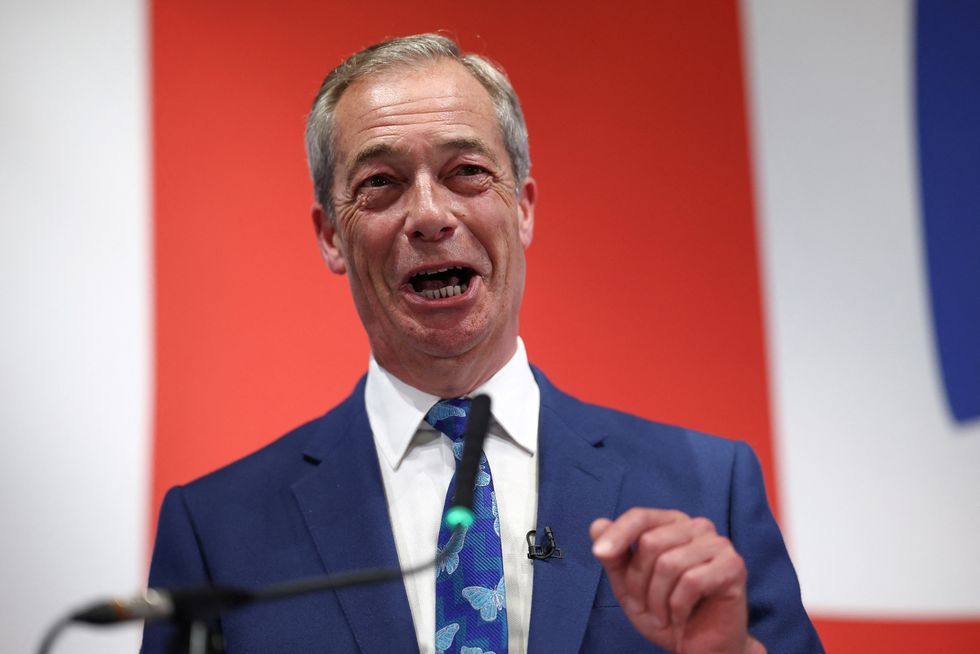
"Farage can get many hundreds to flock to an open-air venue at a few hours’ notice," says Mark Littlewood
|Getty
Most politicians struggle to get a handful of party loyalists to turn up to an event in a village hall. Farage can get many hundreds to flock to an open-air venue at a few hours’ notice. Reform may only be polling in the mid-teens but they may be the only party in this election surrounded by a genuine buzz and excitement.
Second, electoral politics is about your relative position as much as your absolute position. Back in the 2015 election, Ukip polled nearly 14 per cent of the national vote but returned only one MP. Farage himself missed out by a fairly narrow margin in Thanet South. But at the time, the Conservatives were doing pretty well in the polls and, indeed, went on to win a surprise overall majority.
At present though, the Tories are at a very low ebb and, unless Rish Sunak can turn that around in the next few weeks, this gives Reform a fairer chance of perhaps picking up a handful of seats. All of this suggests Farage is – and will remain – a meaningful presence in the British political firmament.
However, even if he has made a couple of smart and startling initial chess moves, it is far from obvious how he can build on this to checkmate his opponents. First, even if the Conservatives lose the election and lose it badly, the Tories are still set to form the official opposition. Perhaps things change in the coming weeks, but that’s what all the polling and the betting markets show at present.
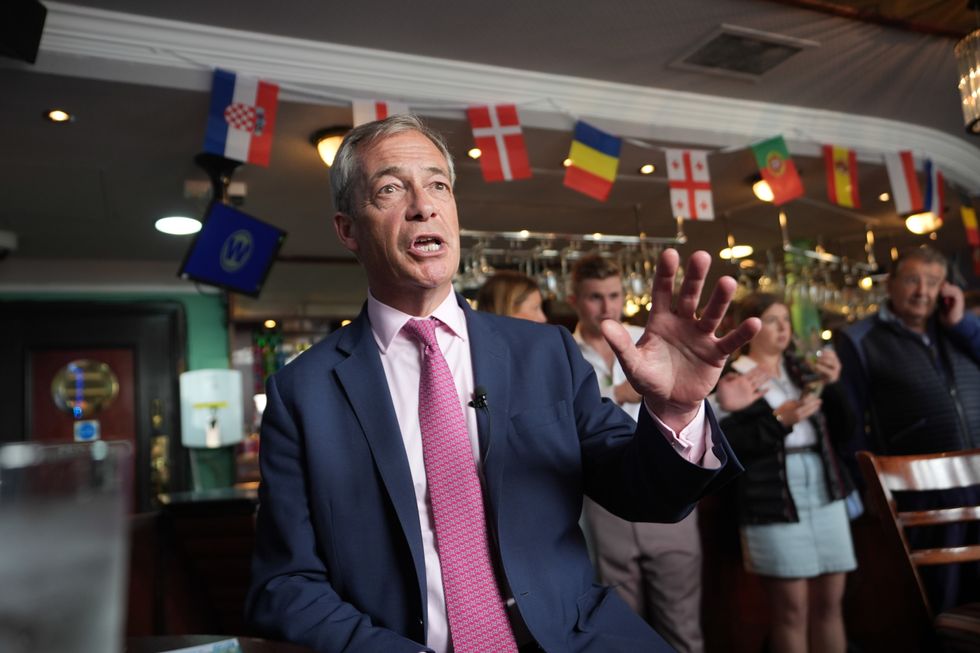
'Farage has done his party a disservice by once again mishandling the thorny issue of an electoral pact,' says Mark Littlewood
|PA
Imagine a truly calamitous showing for the Conservatives on polling day, reduced to 100 seats and only securing around a quarter of the vote. Even if Farage’s party comes a good third in vote share and he is joined by one or two others in a small coterie of Reform MPs, the Tories will be the official and principal opposition to a Starmer government. Does Farage try and influence the way in which the Tories might reposition themselves or simply continue on his own?
Second, if Farage is considering the post-election landscape – and he says he is, conceding that Labour is certain to prevail on July 4th – he has done his party a disservice by once again mishandling the thorny issue of an electoral pact. Back in 2019, to attempt to “get Brexit done”, Farage pulled out his candidates to support all incumbent Tory MPs.
No distinction was made between Conservatives who were staunch Brexiteers and those who yearned for Remain. Farage’s party scuppered the chances of a range of Tory challenger candidates who were on the Brexit side while facilitating victories for many whose position on the EU was suspect.
He has made the same mistake again by being similarly indiscriminate – apparently wanting all Conservative candidates to fail even those who are very largely sympathetic to his agenda and him personally. That makes Farage’s chess moves post-election trickier than they need to have been.
Third, although he may think he has presently caught the public mood, these things can dissipate quickly. Remember Cleggmania? There is no doubt that Nigel Farage is posing a serious challenge to the established political order, but that is a long way short of smashing it. I suppose that could still happen, but don’t count on it.






